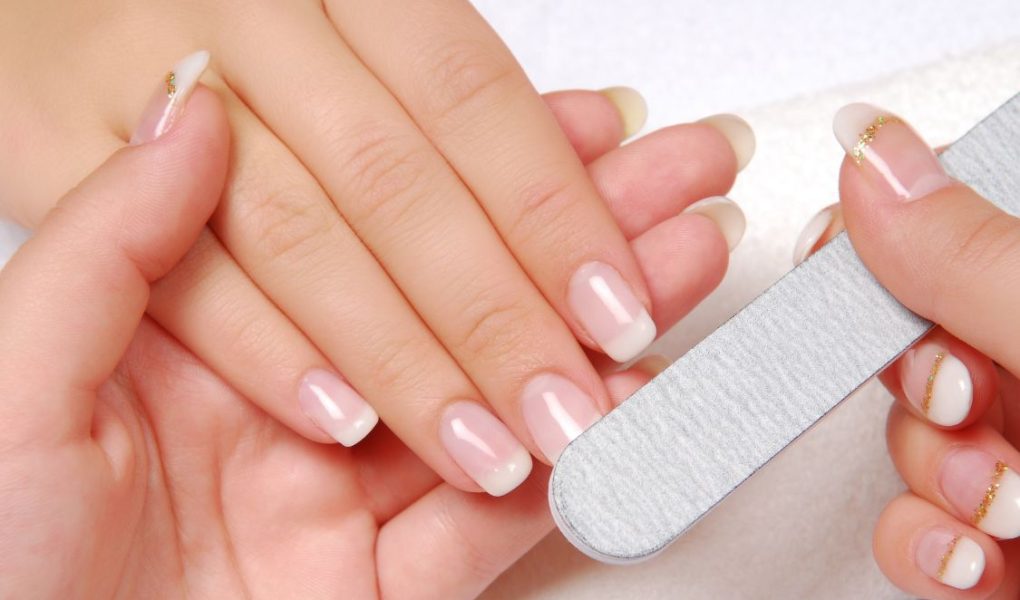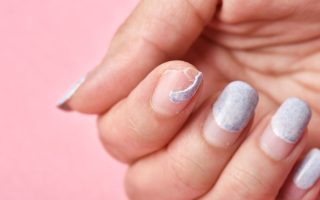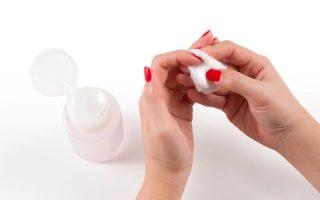Nail care is essential for everyone, but it’s especially crucial for chefs. In the culinary world, maintaining clean and strong nails is vital not only for personal hygiene but also for ensuring food safety. This comprehensive guide will delve into the best practices for nail care tailored specifically for chefs, highlighting the importance of hygiene, practical tips, and expert advice.
The Importance of Nail Care in the Kitchen
Hygiene and Food Safety
Chefs must prioritize nail care to maintain proper hand hygiene and prevent cross-contamination. Dr. Jeffrey Cohen, Medical Director of the Gastrointestinal Microbiome Center at the University of Maryland School of Medicine, emphasizes that “nails can harbor bacteria and other pathogens, making it essential for chefs to keep their nails clean and trimmed.”
Preventing Infections
The kitchen environment exposes nails to moisture, heat, and frequent handwashing, all of which can lead to nail damage and infections. Laura Roman, Certified Nail Technician and Founder of Roman’s Nails, advises, “Regular nail trimming, cleaning, and moisturizing help reduce nail damage and infections common in the kitchen environment.”
Enhancing Performance
Strong nails are crucial for preventing cuts, scrapes, and broken nails that can lead to infections or food safety concerns. Chef Andrew Zimmern, Host of the Travel Channel’s “Bizarre Foods” series, adds, “Maintaining strong nails helps chefs perform their tasks more efficiently and safely.”
Best Practices for Nail Care
Regular Trimming
Keeping nails short and well-trimmed is the first step in maintaining nail health. Short nails are less likely to harbor dirt and bacteria. Use a clean, sharp nail clipper and trim your nails straight across, then round the tips slightly to prevent snagging.
Proper Cleaning
Cleaning your nails is crucial to prevent the buildup of dirt and bacteria. Use a nail brush and warm, soapy water to scrub under your nails regularly. Pay extra attention to cleaning after handling raw food.
Moisturizing
Frequent handwashing can lead to dry, brittle nails. Apply a nourishing hand cream or cuticle oil regularly to keep your nails and cuticles hydrated. Look for products with ingredients like shea butter, vitamin E, and jojoba oil.
Avoiding Harsh Chemicals
Exposure to harsh chemicals can weaken your nails. Wear gloves when cleaning or handling strong detergents. Choose nail care products that are free of harmful chemicals like formaldehyde, toluene, and dibutyl phthalate (DBP).
Nail Strengthening Treatments
Consider using nail strengthening treatments if you have weak or brittle nails. These treatments often contain proteins and vitamins that help fortify your nails and promote growth.
Regular Nail Check-Ups
Schedule regular check-ups with a dermatologist or a certified nail technician to monitor the health of your nails. They can provide professional advice and treatment if you notice any issues such as discoloration, thickening, or unusual growth.
Expert Tips for Chefs
Hydration and Diet
A balanced diet rich in vitamins and minerals is crucial for maintaining nail health. Dr. Katherine Greyson, a Dermatologist specializing in Occupational Dermatology, suggests, “Ensure you consume enough biotin, vitamin E, and omega-3 fatty acids, which are known to support nail health.” Staying hydrated is equally important, as dehydration can lead to dry and brittle nails.
Using the Right Tools
Invest in high-quality nail care tools, including clippers, files, and brushes. Keep these tools clean and sanitized to prevent the spread of bacteria. A personal anecdote from my time working in a busy restaurant kitchen taught me the importance of having my own set of tools. Sharing tools can easily lead to infections and other hygiene issues.
Avoiding Nail Biting
Nail biting can cause severe damage to your nails and cuticles. It can also introduce harmful bacteria from your mouth to your nails. If you struggle with nail biting, consider using a bitter-tasting nail polish designed to deter this habit.
Protecting Your Nails
Wearing gloves during practice and performance can protect nails from pressure and friction, reducing the risk of damage. Patricia DiBari, National Certified Massage Therapist and Musician, emphasizes the importance of this simple practice in maintaining nail health.
Personal Insights and Experiences
During my culinary training, I quickly learned the importance of nail care. One particularly hectic day in the kitchen, I noticed a small cut on my finger that had gone unnoticed. It reminded me of the importance of regular nail checks and proper care to prevent such issues. Keeping my nails clean and trimmed not only helped prevent further injuries but also improved my overall efficiency in the kitchen.
Another personal experience involves a friend who is a pastry chef. She struggled with brittle nails due to constant handwashing. After switching to a hydrating hand cream and wearing gloves during cleaning tasks, she noticed a significant improvement in her nail strength and overall hand health.
Studies Supporting Nail Care Practices
The Impact of Nail Care Practices on the Incidence of Nail Infections in Chefs
A study published in the American Journal of Infection Control found that chefs who implemented regular nail care practices had a significantly lower incidence of nail infections compared to those who did not. This highlights the importance of consistent nail care routines in preventing infections.
The Role of Nail Care in Reducing Occupational Injuries in the Food Industry
According to the Journal of Occupational Safety and Health, chefs with well-maintained nails experienced fewer occupational injuries related to nails, such as cuts, scrapes, and broken nails. This study underscores the role of nail care in promoting safety and efficiency in the kitchen.
Conclusion
Nail care is an essential aspect of personal hygiene and safety for chefs. By adopting proper nail care practices, chefs can maintain clean, strong, and healthy nails, which are crucial for performing their tasks effectively. Regular trimming, cleaning, moisturizing, and protecting your nails from harsh chemicals are vital steps in this process. Additionally, maintaining a balanced diet and staying hydrated can further enhance nail health.
Remember, taking care of your nails is not just about aesthetics; it’s about ensuring a safe and hygienic work environment. By following the tips and insights shared in this article, chefs can keep their nails in top condition, preventing infections and injuries while enhancing their overall performance in the kitchen.



